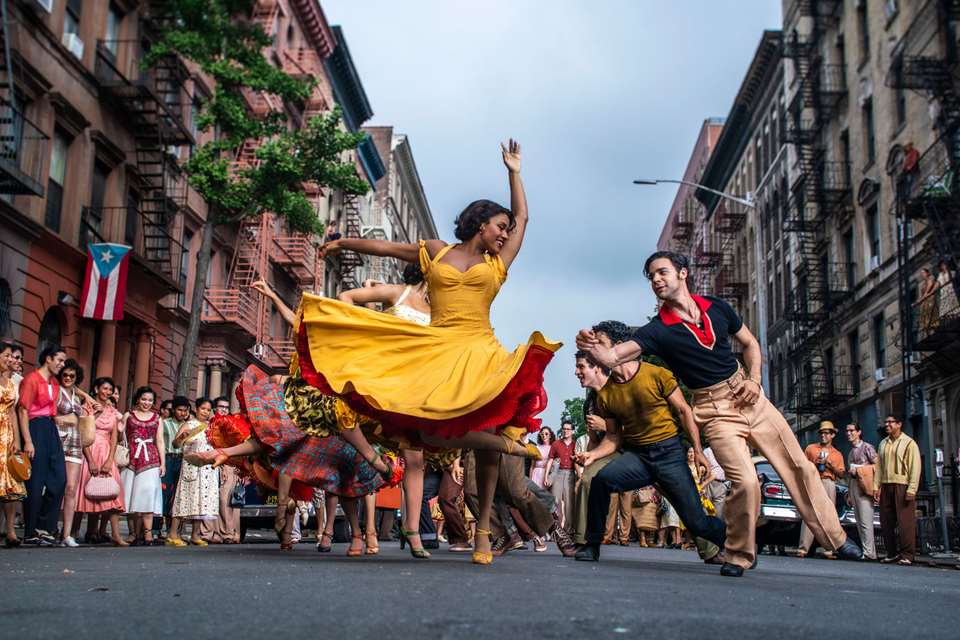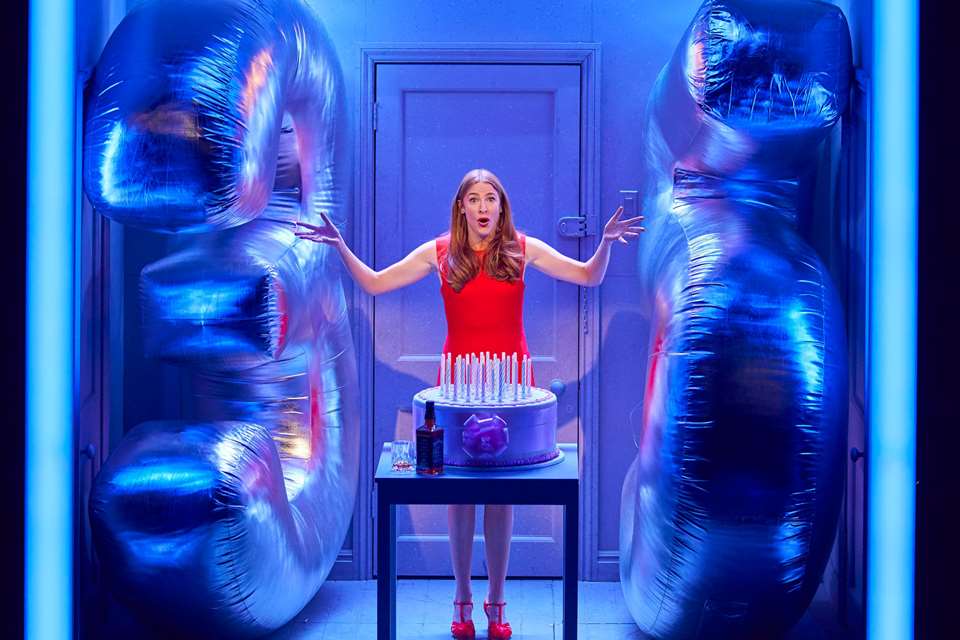Behind The Song: Meredith Willson’s ‘Ya Got Trouble’ from The Music Man
Joe Stilgoe
Thursday, March 28, 2024
Musician Joe Stilgoe delves into the smooth-talking salesman’s iconic number which, somewhat unusually, started life as a rather lengthy dialogue scene


Register now to continue reading
Thank you for visiting MusicalsMagazine.com. Sign up for a free account today to enjoy the following benefits:
- Free access to 3 subscriber-only articles per month
- Unlimited access to our news, podcast and competitions pages
- Free email newsletter



